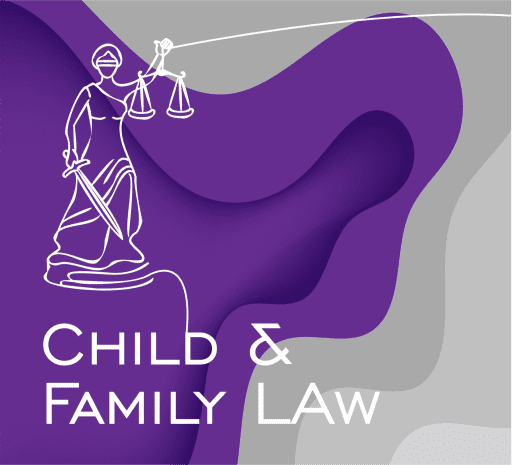‘Common law marriage’ is the term used to describe cohabiting couples who enjoy most of the same legal rights and recognitions as a married couple, despite choosing not to partake in a legal ceremony. While existing in some states in America, common law marriage is not recognised in England and Wales.
Relationship Breakdown
In the unfortunate event of a relationship breakdown, the remedies available to spouses choosing to divorce and cohabitees separating are vastly different.
Married:
Spouses ending a marriage should always settle the finances alongside divorce proceedings. If an agreement can be reached then a Consent Order will be drafted, and if the parties are unable to agree, financial remedy proceedings can be instigated by either party.
The general rule of thumb is that all matrimonial assets are divided between the parties equally, unless there is good reason to depart from this principle (taking into account any children of the family). The assets to be divided may include properties, savings, pensions and single or jointly owned businesses. Additionally, there may be an entitlement to receive spousal maintenance payments.
‘Matrimonial homes rights’ means that a spouse has the right to live in the family home, even if it is in the other’s sole name. Following the breakdown of a marriage, the spouse who owns the property may attempt to force the other to vacate the home. In these circumstances, matrimonial homes rights can be registered to protect their interest.
Cohabiting:
The only financial remedy available for cohabiting couples who are separating is to issue a claim under the Trusts of Land and Appointment of Trustees Act 1996 (TOLATA), for the Court to determine each party’s interest, if any, in the property. In some circumstances, the Court can make an order for sale or decide that one party has gained an interest in the property, despite not being named on the title.
If the cohabitees have a child together, then child maintenance may be available in the event of separation. However, an ex-partner will not be entitled to claim any maintenance for themselves, regardless of the length of the relationship.
Death of Partner:
Should one partner sadly pass away without having made a will, there are provisions in place to assist spouses, however cohabitees must have made prior arrangements.
Married:
The intestacy rules (provisions that come into effect when someone dies without having made a will) stipulate that, provided there are no children, the surviving spouse is entitled to the entire residual estate.
Whether spouses own property as joint tenants or tenants in common, in the event of one spouse passing away, the other will take over full ownership of the property.
Cohabiting:
Cohabiting couples must make a will to ensure that the other is provided for. The intestacy rules provide that if there is no spouse, all of the residuary estate will pass to the children (if there are any), and if there are no children, the residuary estate will pass to the parents, or if not survived by the parents, the siblings.
It was historically the case that the survivor of an unmarried couple had no claim upon the estate of the deceased partner and had to rely upon conventional property rights, if any, as outlined above.
This remained the case for a long time on account of the difficulty in reliably establishing the identity of an unmarried partner. It was feared that granting rights to unmarried partners would result in a surge in spurious claims from people who were little more than friends of the deceased.
The Inheritance (Provision for Family and Dependants) Act 1975 was recently amended to add a new category of person having the ability to make a claim against the estate of a deceased individual on the basis of inadequate provision either by will or intestacy. This new category is someone who had lived with the deceased as part of a couple in the two years immediately preceding the death. The courts have been willing to liberally interpret the two year period to include absences on account of holidays, ill health or other reasons justifying the couple being apart. The survivor of the couple must be able to demonstrate an established pattern of joint living to make a claim under this legislation.
It is more common for unmarried couples to own a property as ‘tenants in common’. If one party will contribute more to the purchase or upkeep of the property, it may be agreed at the outset that theywill own the property in unequal shares, e.g. 60/40 rather than 50/50. However, in the event of death of one party, the surviving spouse will not be entitled to the other’s share unless a will has been made, and their share will pass to whomever is to receive the residual estate.
How can we help?
Should you require assistance with divorce, financial settlement, cohabitation agreements or will drafting, reach out to us today at the following numbers to connect with a member of our team:
• Luton, dial +441582 383 888.
• London, dial +442034 393 888.
• St Albans, dial +441727 519 888.
Alternatively, if you’re accessing this information outside our business hours (9am to 5.30pm Monday to Friday, excluding bank holidays) or prefer to put your request in writing, please use our contact form. We’ll promptly respond within 1 working day.



